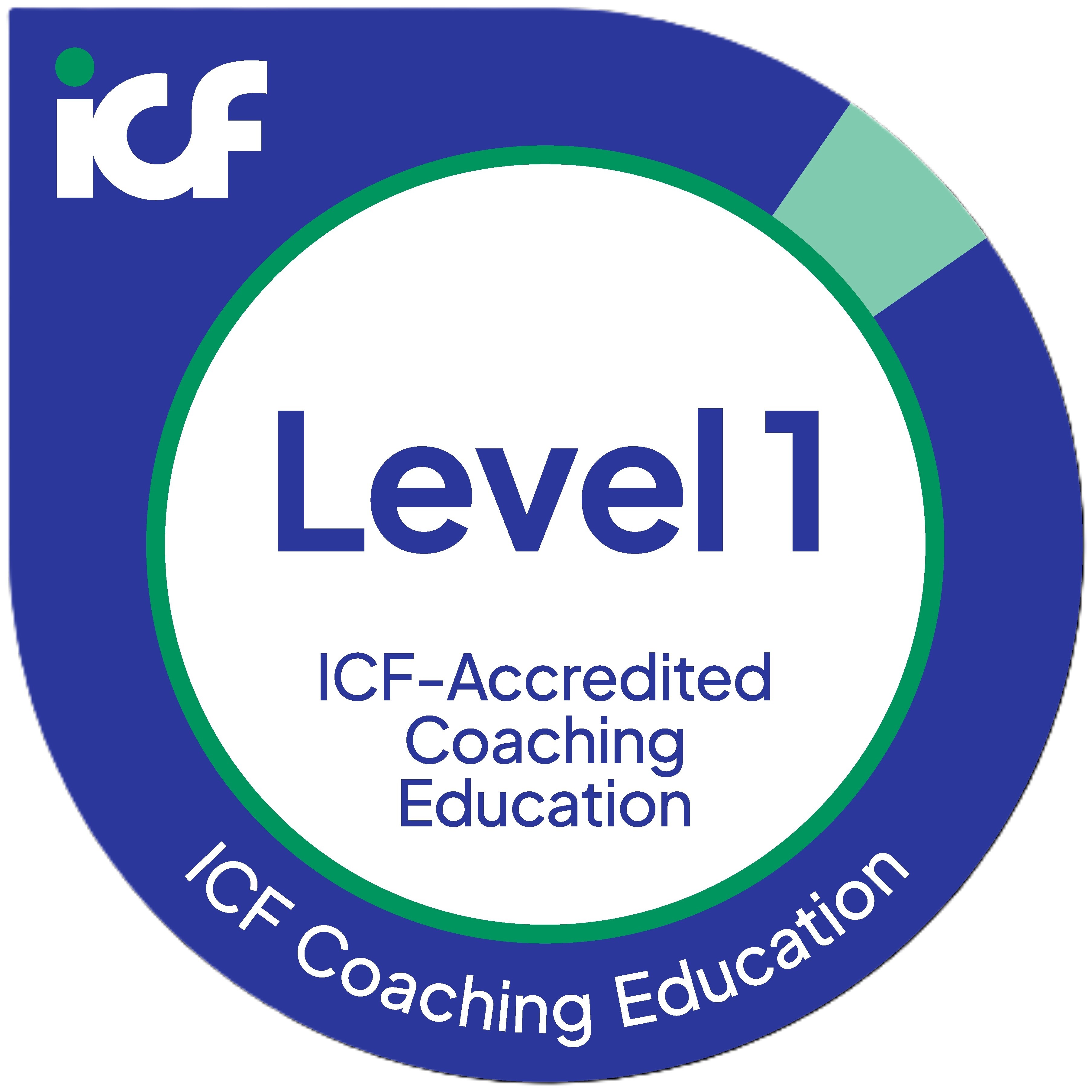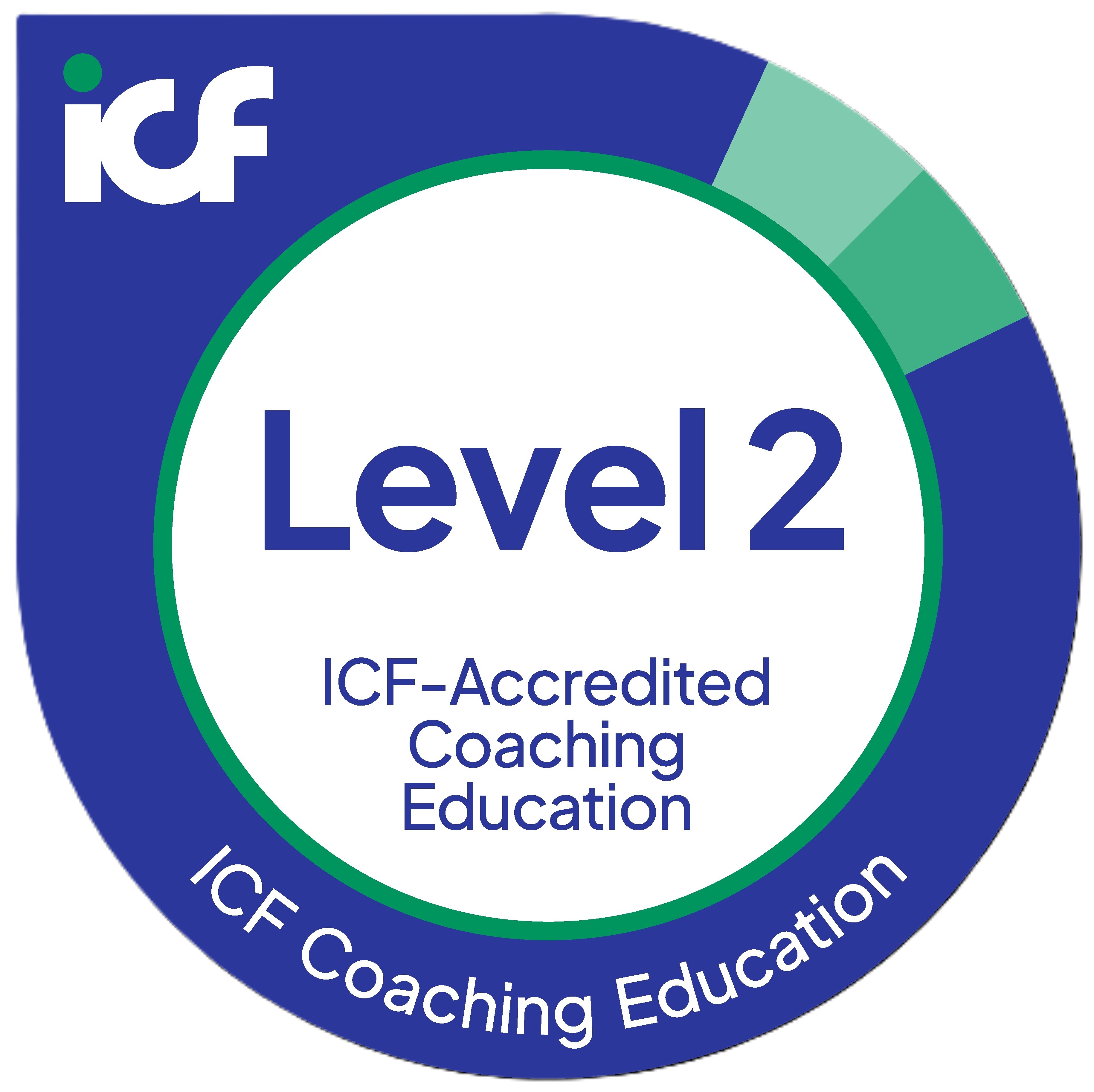
By: Elizabeth Saigal, Ph.D. CLC
The results from the 2009 ICF global coaching client study allow for some interesting comparisons as to the reasons why people seek out coaching and the outcomes they experience once they do. In the table below, I categorized each of the choices for selecting a coach according to segments in the wheel of life. Some of these might be open to interpretation, but overall you can see that the areas of physical environment, fun and recreation, and intimate relationships were neglected. It is not clear why the ICF survey constrained the item selection away from these areas. It could be that these three areas generally do not cause our clients great concern. It could also be that clients may not be aware that they are causing concern or they may be causing our clients a great deal of concern, but they are not comfortable discussing this in coaching. However, the very best coaches should address clients experience in each domain of the wheel of life from time to time, bring underlying concerns to conscious awareness and provide a safe environment of trust and rapport so that sensitive areas can be addressed. It would seem that more research is needed on this topic to rule out whether these areas do indeed crop up occasionally, but were not reflected in this data because of the choices allowed.
Putting this possible restriction in the data aside, the top three factors identified for seeking out coaching were self-esteem/self confidence, work life balance and career opportunities. In addition, clients reported the top three results from coaching as self-esteem/self confidence, relationships and communication skills.
First, notice that both the top incentive and the top outcome of self-esteem/self confidence falls under personal growth which is at the crux of coaching. Second, the percentages associated with recognized outcomes were much higher than those associated with the incentive to coach. It would seem that the clients get much higher value from coaching than they initially expected. This lack of appreciation for what coaching can really do for you is something to address. Thirdly, other factors such as communication skills and relationships overtake the original motivations of career and work life balance when it comes to consideration of outcome. It would appear that when coaching on these issues other prerequisite factors came to light such as your own performance and contribution to interactions.
Each of these three interpretations of the results is a useful piece of information to share when promoting our life coaching service. We should draw particular attention to coaching as a relationship focused on personal development. We should emphasize the extent of this development as being greater than anticipated. Lastly, we should highlight that what appears to be the priority for coaching may turn out to have other elements underpinning it.
Dr. Elizabeth Saigal is an ILCT Certified Life Coach. She offers Life Design Coaching for those intent on connecting with their inner truth and aligning with their intuition to live a life on purpose. You can connect with her and sign up to receive her Free Ten Step Life Design System at www.myspirecoaching.com.





